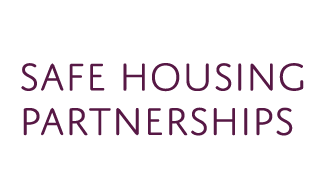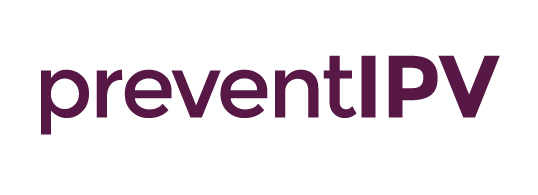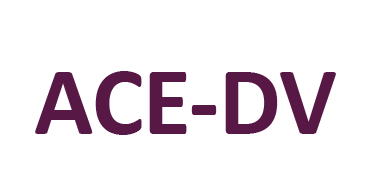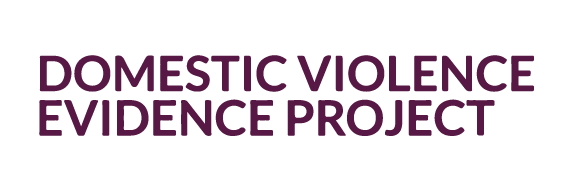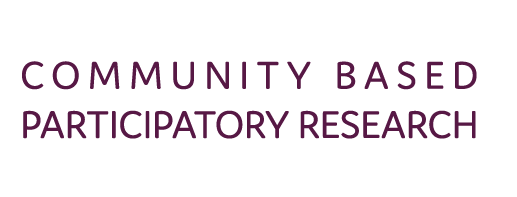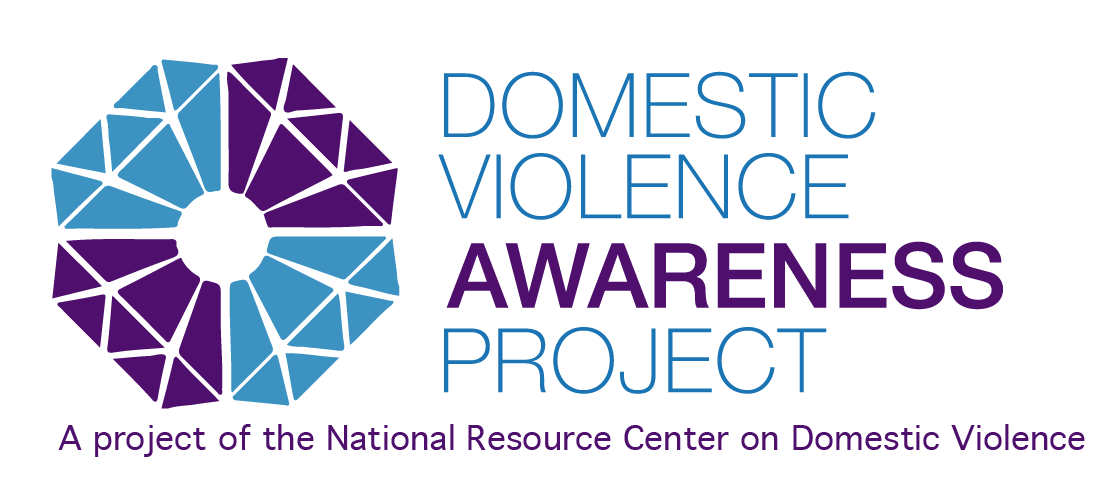by Breckan Erdman Winters, NRCDV Program Specialist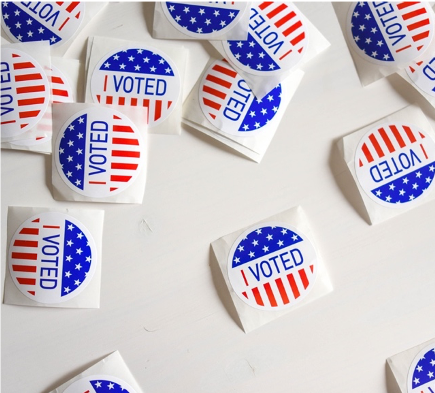
Elections provide a key opportunity for voters to engage in systems-level advocacy by voting for the candidates and ballot measures that best represent our values. However, we know that many survivors face significant barriers to participating in the electoral process, including safety and privacy concerns, lack of a home address for survivors who may be homeless or living in shelter, and laws that disenfranchise many potential voters, such as voter ID requirements and state restrictions on voting for people with prior felony convictions. COVID-19 has created additional obstacles this election season, as questions persist on how states will make elections safe and accessible for all voters in the midst of an ongoing pandemic. These barriers to voting are disproportionately felt by survivors of color, whose voices, stories, circumstances, and experiences must guide our efforts to end domestic and sexual violence on Election Day and beyond.
This is especially critical right now, as voters prepare to address key issues in local, state, and federal races this November. There are many opportunities for nonprofits to legally engage in elections activities, which makes domestic violence service providers well-positioned to play a pivotal role in supporting survivors’ access to their right to vote. This election season, advocates and organizations can commit to:
- Educating your community on the urgent need to center Black survivors and communities in our efforts to end domestic violence at every level, including in our policy work. In order to build safe and thriving communities for all, we must dismantle anti-Blackness.
- Helping survivors in your program register to vote and working together to develop a safety plan for voting.
- Learning about your local policies for voting without an address and overcoming other common obstacles to voting to support participation in the electoral process for survivors on the margins.
- Promoting well-informed voting in your community through nonpartisan candidate questionnaires, voter guides, sample ballots, and other voter education efforts.
- Staying up to date on your state’s policies for voting during COVID-19 and voting by mail. Visit your state or local election office’s website for guidelines in your area.
And be sure to make your own voice heard this election season! As NRCDV’s Policy & Research Team writes, “as advocates working with and on behalf of survivors of domestic and sexual violence, we are often in a unique position to see the real impact that laws and policies have on people’s daily lives ... We can notice patterns and gaps in how systems are or are not responding, and by deeply listening to survivors and communities, we can help identify policy solutions that can make a significant positive difference.” Your vote matters!
Additional resources:
- Register to vote and learn about the voting process at Vote.gov
- Our Homes, Our Votes Toolkit and Our Homes, Our Votes Webinars & Podcasts archives from the National Low-Income Housing Coalition
- VAWnet Special Collection: Legislative Advocacy for Nonprofits

